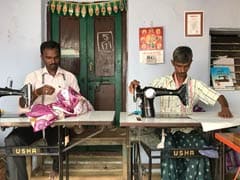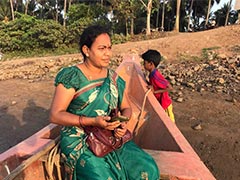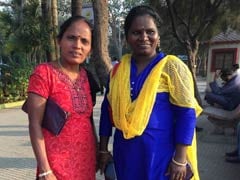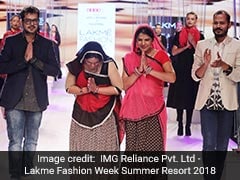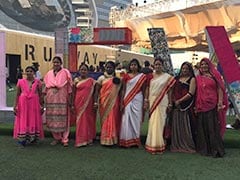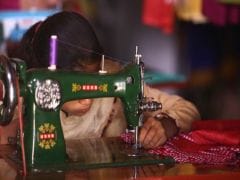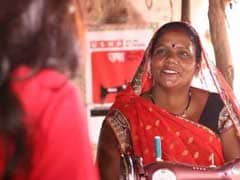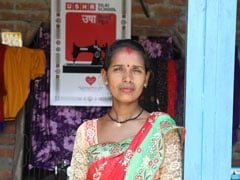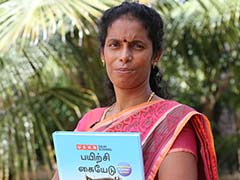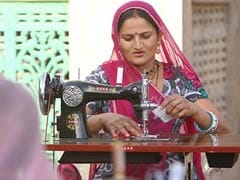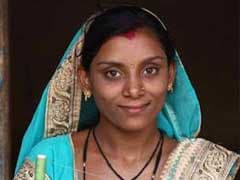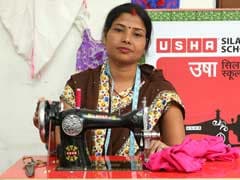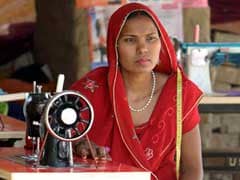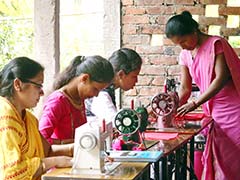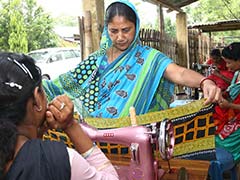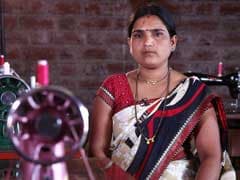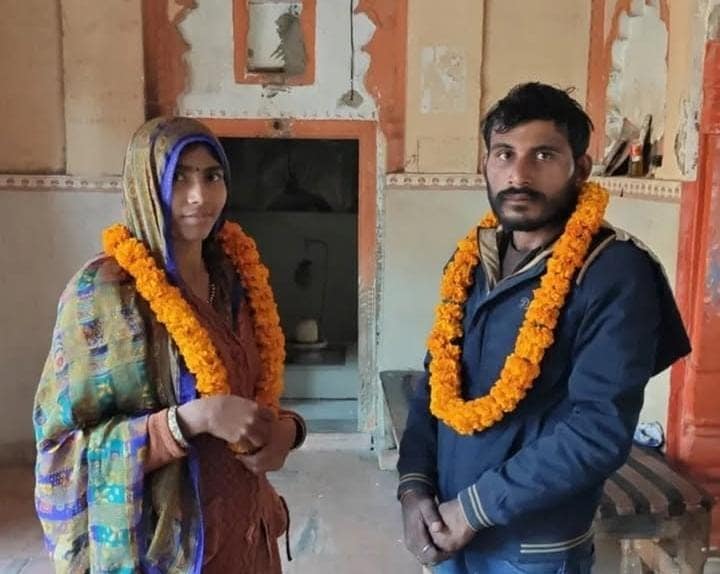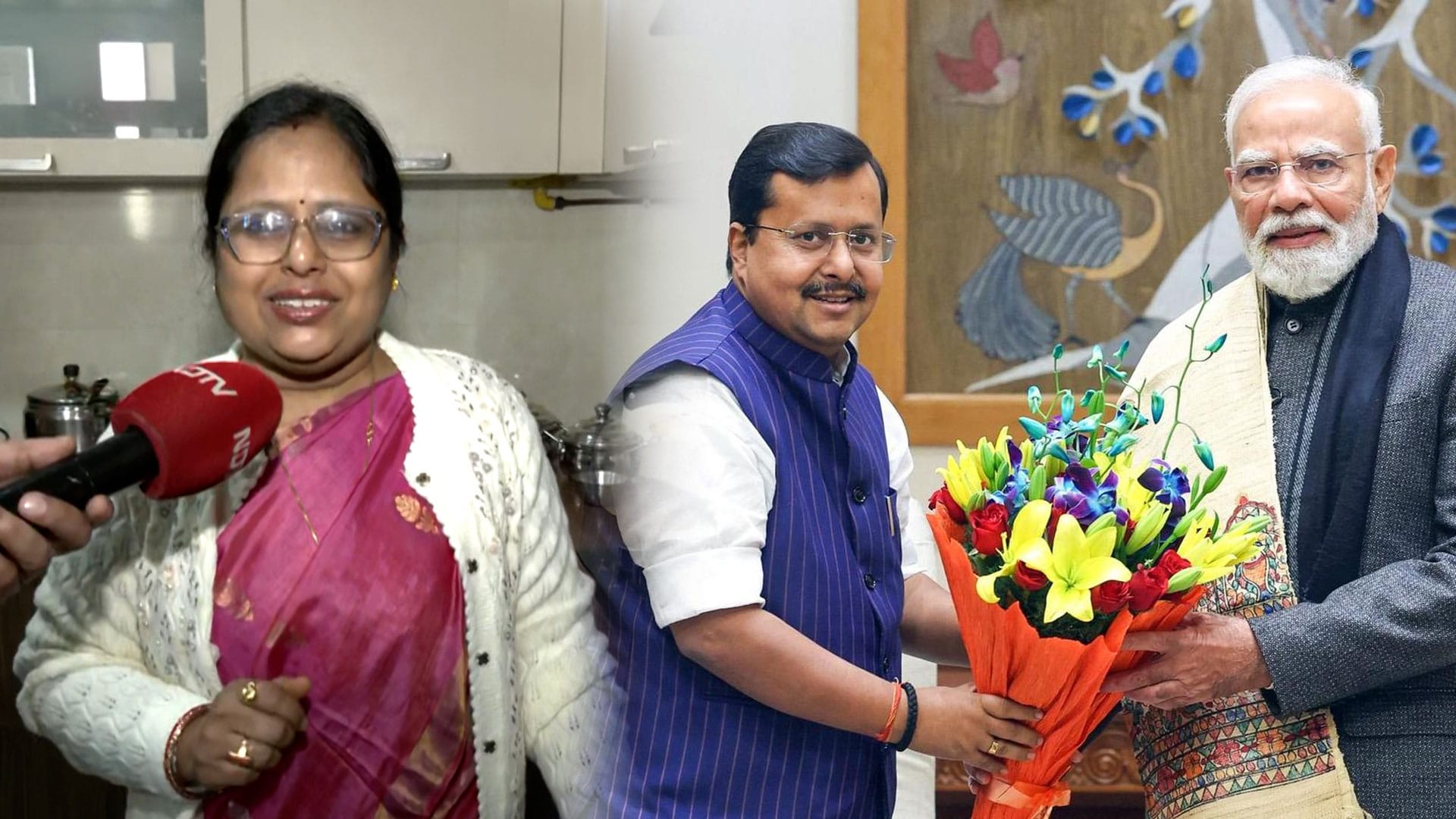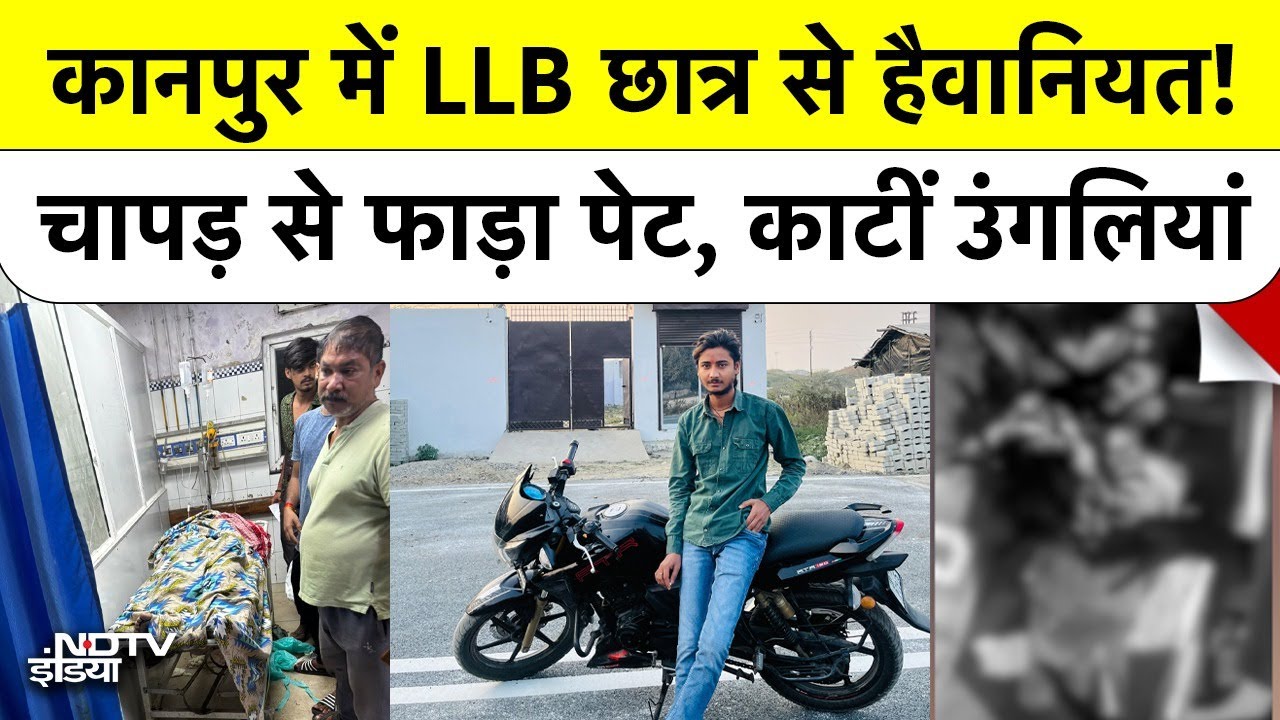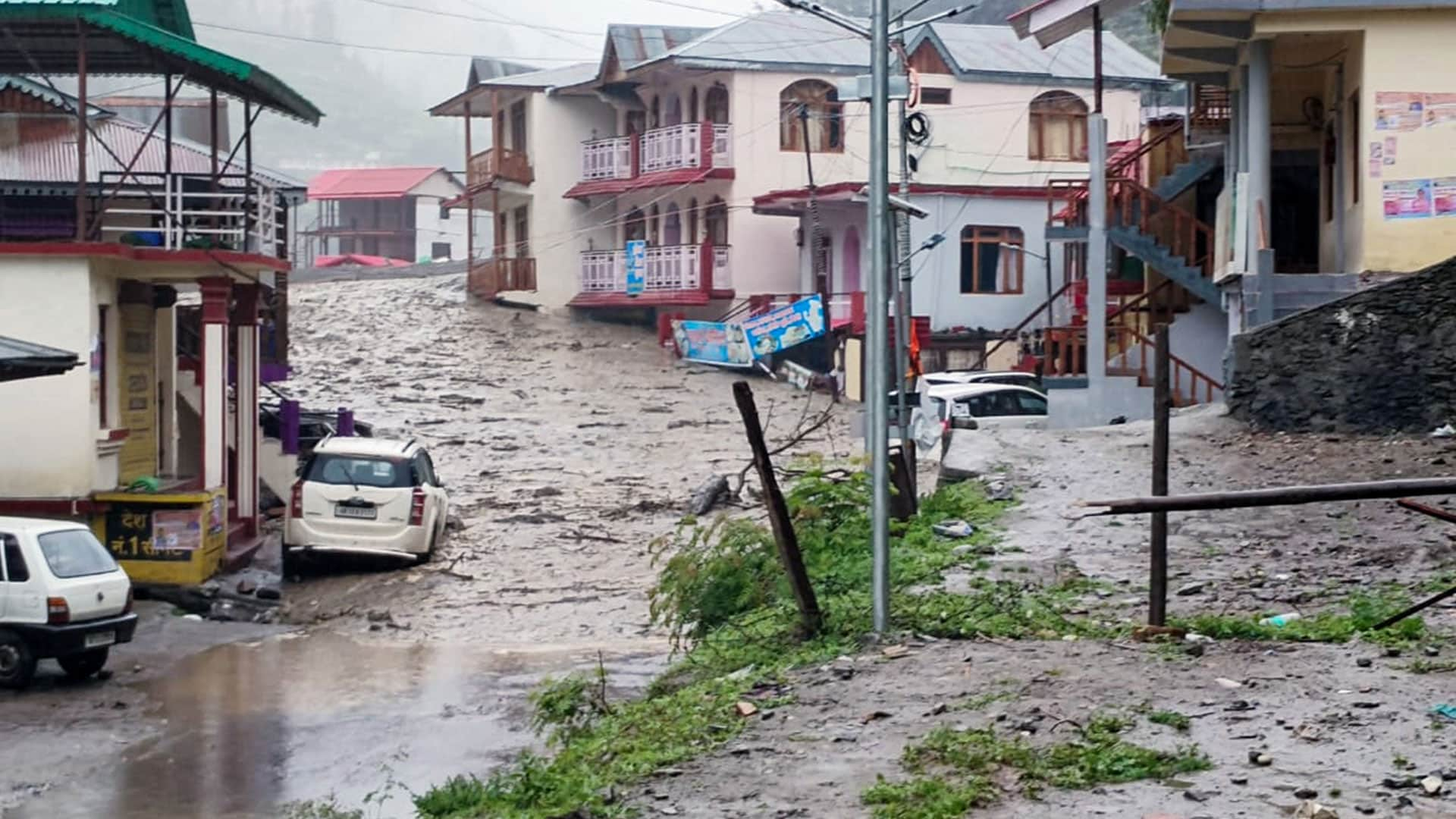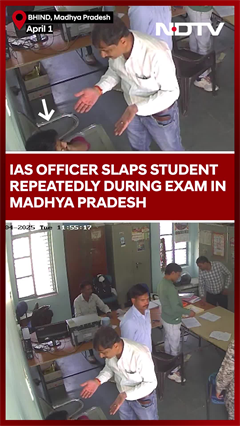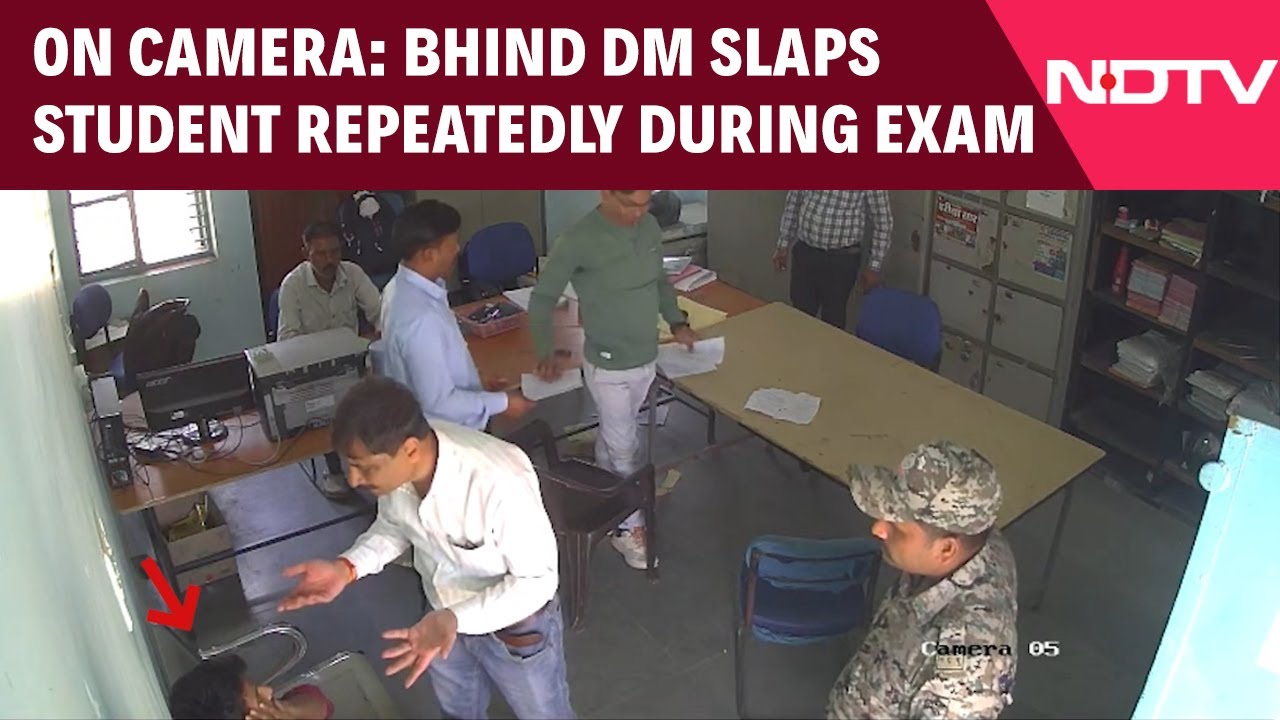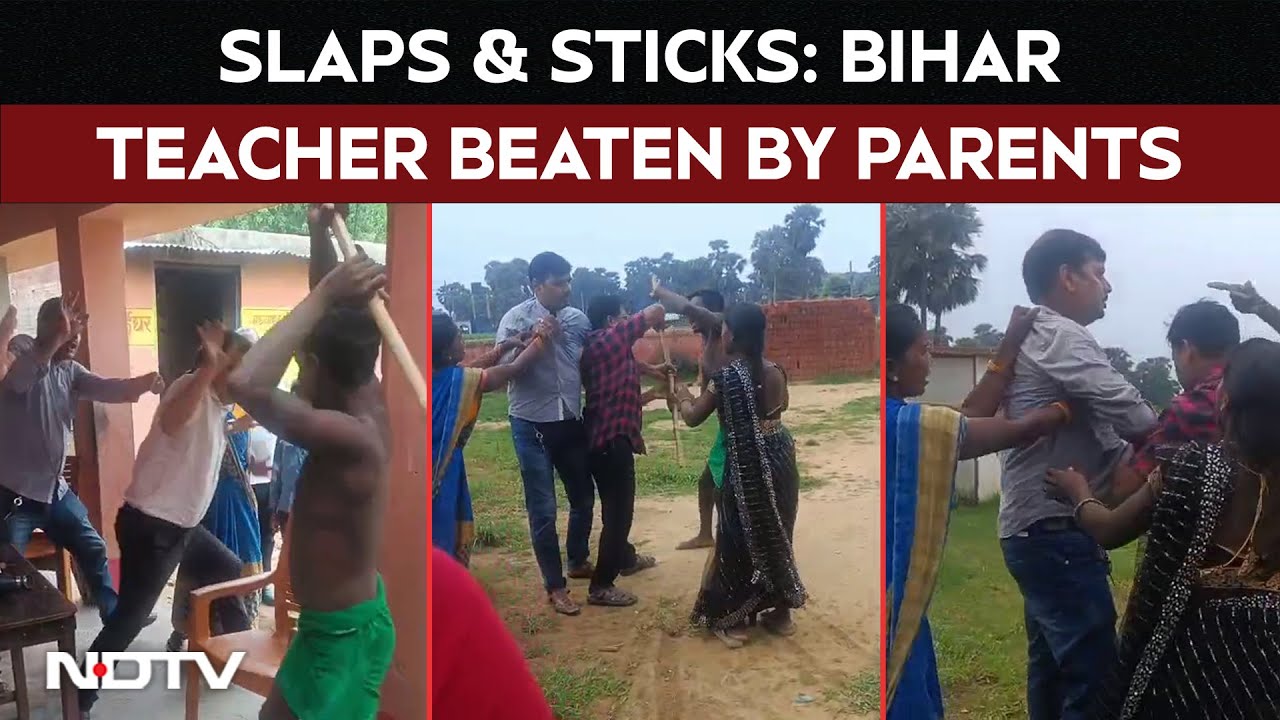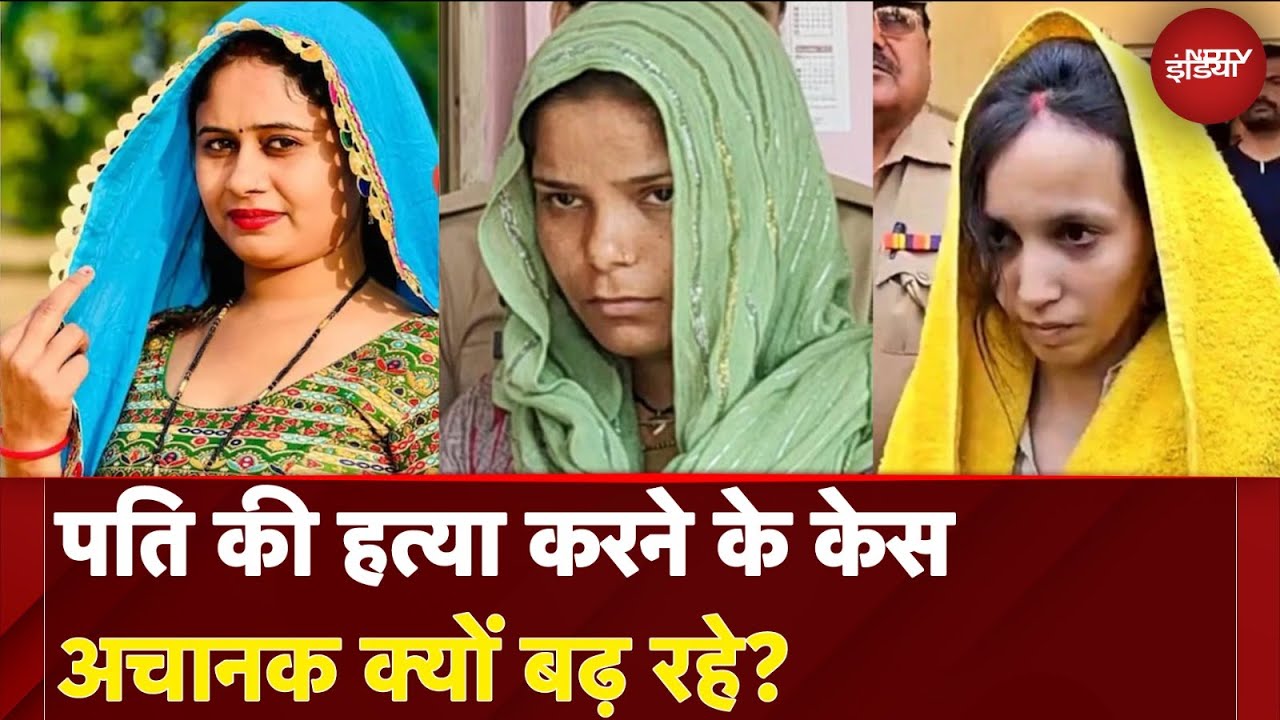somya srivastava
'somya srivastava' - 22 News Result(s)
- Written by Somya Srivastava , Edited by Sonia Bhaskar | Tuesday April 23, 2019
2006 brought Nithari, Uttar Pradesh, into the headlines and presented the world with one of the most convoluted and inhuman stories of violence and murder ever
- Written by Somya Srivastava , Edited by Gopi Karelia | Friday June 08, 2018
With agriculture being one of the primary sources of livelihood in West Bengal, here's how USHA Silai School created an alternative employment in the state
- Written by Somya Srivastava , Edited by Sonia Bhaskar | Tuesday April 23, 2019
USHA Silai Sschool is helping women in Nagaland carve out their own destinies through stitching and sewing
- Written by Somya Srivastava , Edited by Sonia Bhaskar | Wednesday May 09, 2018
Men from rural parts of Tamil Nadu have enrolled themselves for the USHA Silai School programme and are now earning a stable income meet their household expenses
- Written by Somya Srivastava , Edited by Sonia Bhaskar | Friday April 27, 2018
Women from four different zones collaborated with prestigious fashion designers and launched their own clothing line Silai that was displayed at the Lakme Fashion Week 2018. Here's their rags to riches story
- Written by Somya Srivastava , Edited by Sonia Bhaskar | Saturday April 21, 2018
The migration rate in some of the villages of Andhra Pradesh have seen a dip after the state partnered with USHA Silai school to set up training centres that not only improve the skills of rural women and men but also enable them to become financially independent
- Written by Somya Srivastava , Edited by Sonia Bhaskar | Tuesday March 06, 2018
From the grassroot level to the big stage of the fashion world, USHA Silai School women have come a long way. Right from the moment they boarded the plane, a first for all of them, everything about this journey has been a life changing experience for all the women
- Written by Somya Srivastava , Edited by Sonia Bhaskar | Friday April 20, 2018
Under the guidance of Amit Vijaya and Richard Pandav of the AMRICH fashion label, Silai School women from Jaipur and Ahmedabad not only learnt new sewing techniques but was also part of the ideation process that established the Silai label
- Written by Somya Srivastava , Edited by Sonia Bhaskar | Friday April 20, 2018
Two designers, Sayantan Sarkar and Sreejith Jeevan, worked their way to understanding their teams skills, training them in areas they lacked and preparing the women to create something they had never done before
- Written by Somya Srivastava , Edited by Sonia Bhaskar | Wednesday February 21, 2018
Breaking age-old shackles and moving forward towards a bright new future, USHA Silai School women were introduced to the larger business dynamics of the fashion industry in India
- Written by Somya Srivastava , Edited by Sonia Bhaskar | Friday February 02, 2018
Rural women trained in Usha Silai School from different parts of the country, work in collaboration with prominent designers from the fashion world to design trend-setting clothing lines and step out into the world of business
- Written by Somya Srivastava , Edited by Sonia Bhaskar | Monday July 31, 2017
Hailing from a family of manual scavengers, Bhagwanta Bai and Anusuya were also forced to join the practice. However both the women decided to opt out of the family's profession and create a legacy of their own
- Written by Somya Srivastava , Edited by Sonia Bhaskar | Sunday July 30, 2017
When financial crisis didn't end despite migrating to Nepal from Bihar, Sangeeta Dhawan decided to brush up on her sewing skills and reinvent her life
- Written by Somya Srivastava , Edited by Sonia Bhaskar | Monday July 31, 2017
Nagawani and Jermegini had to leave Sri Lanka during the Civil War and years later when they returned, they had to start their lives from scratch. Amidst poverty and lack of economic opportunities, the two women took up tailoring as their careers and stitched their own futures
- Written by Somya Srivastava , Edited by Sonia Bhaskar | Friday July 14, 2017
Married off at 15, mother by 16, Gomi Devi's life would have been similar to all other women of the region, silently leading a life, hidden behind the veil
- Written by Gopi Karelia and Somya Srivastava , Edited by Sonia Bhaskar | Thursday July 06, 2017
Madhya Pradesh's Kanha Tiger Reserve is one of the most popular national parks attracting many tourists buy at home does not have too many alternative sources of income available. Phuliya Bai and Rekha Rahangdale joined the Usha Silai programme and soon they turned entrepreneurs and started their own training schools to teach stitching to other women.
- Written by Somya Srivastava , Edited by Sonia Bhaskar | Friday June 30, 2017
Sewing is a good way for women to move ahead in life. Girls and women can become entrepreneurs even if they only start off by opening a boutique or becoming a tailor: Poonam Verma
- Written by Somya Srivastava , Edited by Sonia Bhaskar | Friday June 30, 2017
Lajjawati had to suffer from acute poverty and had to battle with gender biases until she decided to learn stitching and empower herself
- Written by Somya Srivastava , Edited by Sonia Bhaskar | Friday June 30, 2017
She took to stitching for extra income to run her household, but it changed her life and life of others in her village.
- Written by Somya Srivastava , Edited by Sonia Bhaskar | Friday June 30, 2017
In a district like Golaghat which has rampant crimes like abduction, rape and slavery, Mumtaz Begum a single mother of three children empowered herself by taking stitching classes
- Written by Somya Srivastava , Edited by Sonia Bhaskar | Friday June 30, 2017
Kalpana's story is about how not to let poverty and tragedy shatter you, instead use it to break the shackles of societal norms and rebuild life with determination and dignity.
- Written by Somya Srivastava , Edited by Sonia Bhaskar | Friday June 30, 2017
She not only change the course of her life but her children's too. Read the success story of Chhotibai, a women entrepreneur.
'somya srivastava' - 780 Video Result(s)
Adopt a Silai School
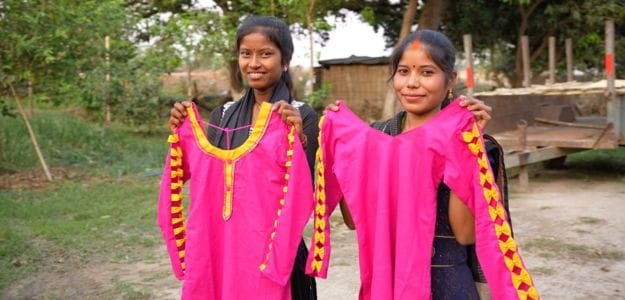
Do you want to be a part of the huge change that Usha Silai School is bringing about in the lives of millions of rural women? With just a simple click of a button, you can now contribute to the opening of an Usha Silai School or support various other aspects of the school. Donate towards setting up an Usha Silai School by paying Rs 22,000.




